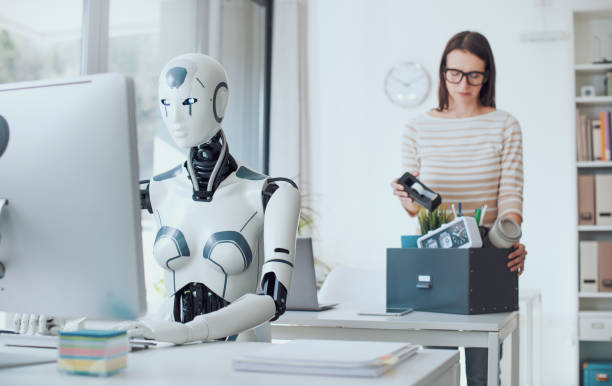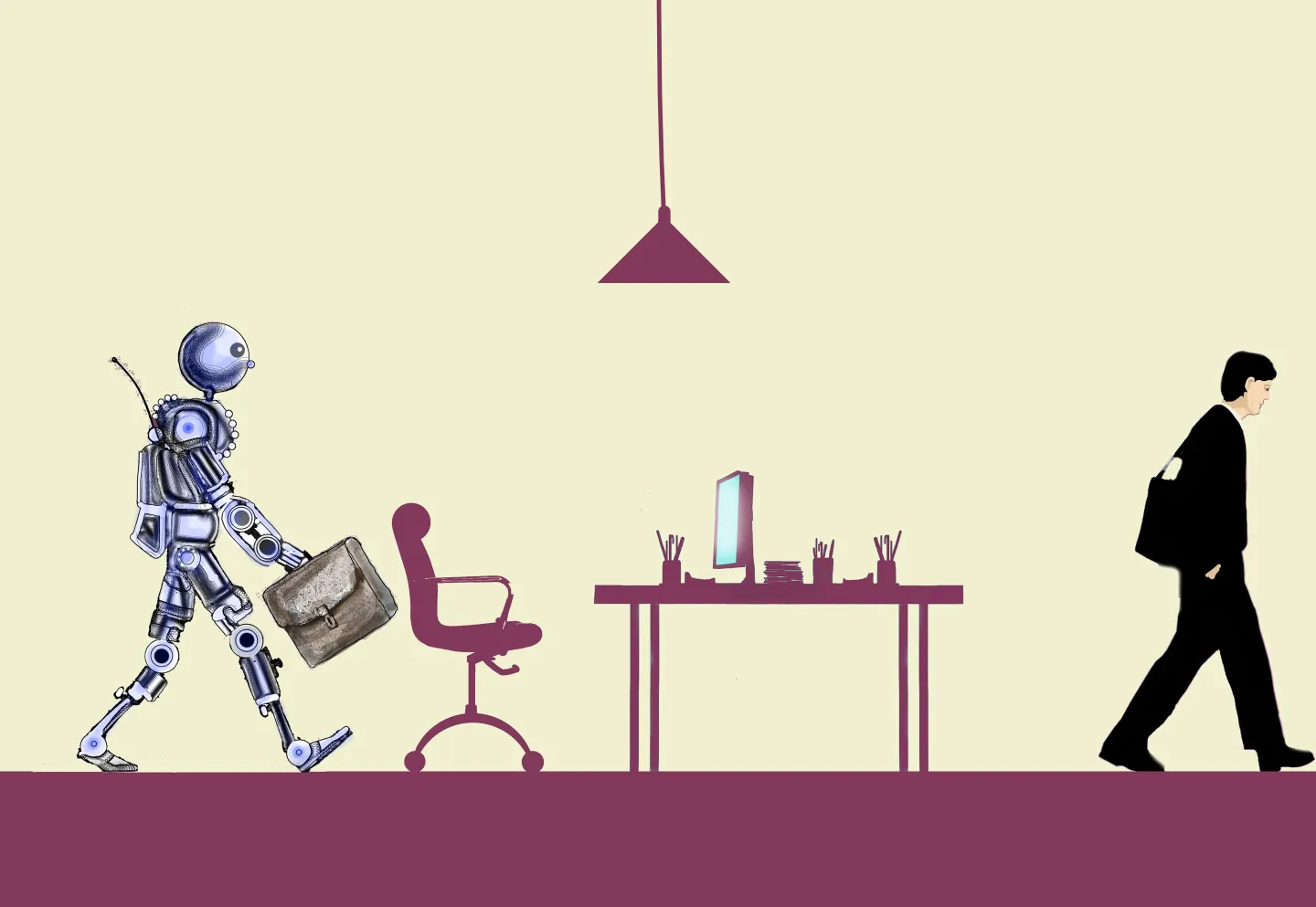The rapid rise of artificial intelligence in video game development is transforming the industry — and stirring anxiety among creators who fear being replaced by machines.
AI-driven tools are now capable of generating characters, worlds, and even entire storylines in minutes, reshaping how studios approach game production. While this technology has quietly powered elements of major titles for years, its recent growth is impossible to ignore.
Mike Cook, a game designer and computer science lecturer at King’s College London, said that generative AI has already become “a lot more common in commercial game development than people realise,” though typically in smaller ways — such as dubbing, coding assistance, or illustration work.

According to a study by the American startup Totally Human Media, nearly 20% of all games released on Steam this year disclosed using generative AI during development. That includes major releases like Call of Duty: Black Ops 6 and the upcoming life simulation title Inzoi.
AI consultant Davy Chadwick noted that the rise of these tools could allow studios to “merge several job roles into one,” predicting a 30–40% boost in overall productivity.
The technology’s speed and cost efficiency are also game-changing. Ethan Hu, founder of the California-based startup Meshy.ai, which boasts over five million users, explained, “In the past, creating a high-quality 3D model could take two weeks and cost $1,000. Now it takes one minute and $2.”
Industry Divides Over AI’s Role
Major gaming companies are approaching generative AI from different directions. Electronic Arts recently partnered with Stability AI, while Microsoft — the parent company of Xbox — is developing its own AI model called Muse.
The potential rewards are massive: the global gaming industry is expected to generate nearly $190 billion in revenue by 2025, according to data firm Newzoo.
Yet, not everyone is celebrating. Many developers remain deeply skeptical, particularly in an industry already shaken by mass layoffs. “These tools are supposed to make us more productive but could ultimately mean job losses,” said one anonymous French developer.
They added that AI-created 3D models often require extensive reworking: “The objects produced are extremely chaotic. It takes as much time to fix them as to make them from scratch.”
Balancing Creativity and Automation
Some startups argue that AI isn’t meant to replace human creativity but to enhance it. Felix Balmonet, co-founder of the French 3D asset generator Chat3D, said his company’s tools help artists “speed up their creative process” by automating repetitive tasks. He also confirmed that Chat3D is already collaborating with “two of the five largest studios in the world.”
However, the push for AI use is intensifying. “We’ll have to ask ourselves whether to use it on our next game,” admitted the head of a French studio who personally opposes AI but acknowledges its competitive advantages.
Gamers Still Value Human Touch
Players, too, are watching closely. Polish developer 11 bit Studios faced backlash earlier this year when fans discovered unmarked AI-generated text in its game The Alters. The studio claimed it was an oversight, but the reaction revealed how strongly gamers still value the authenticity of human creativity.
As the industry accelerates toward an AI-powered future, one thing is clear — the debate over whether artificial intelligence will empower or erase human artistry in gaming is only just beginning.




